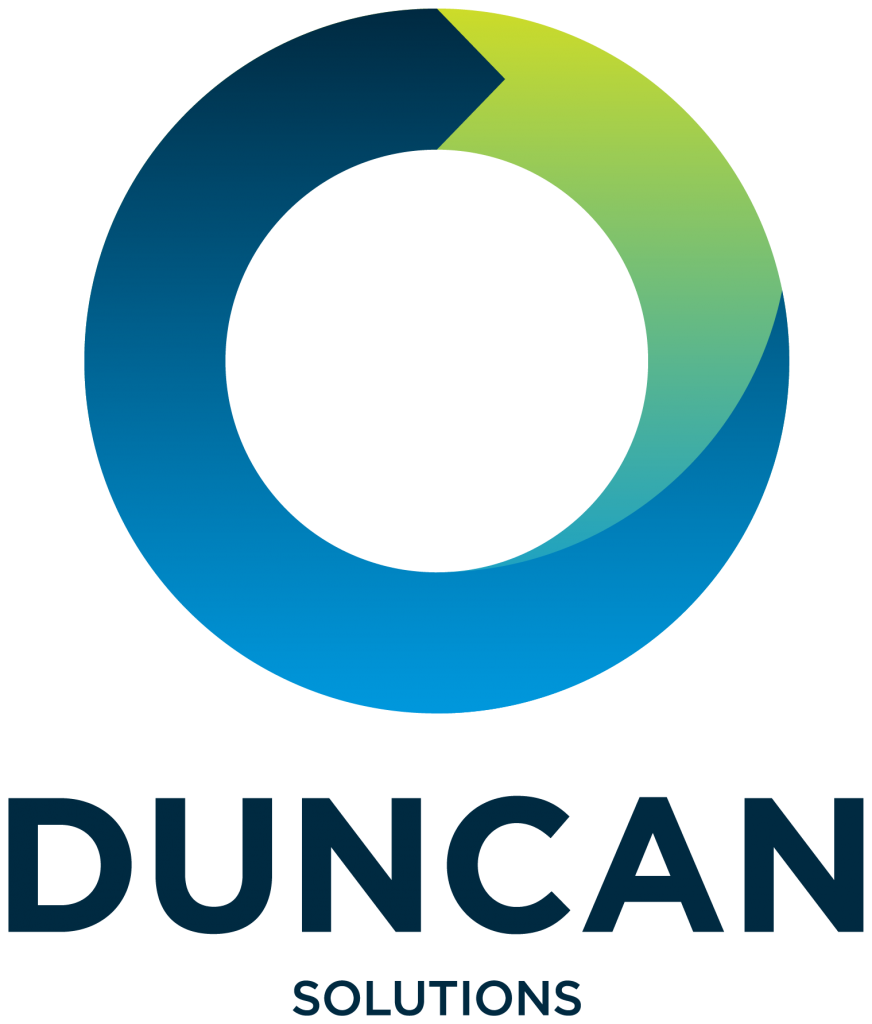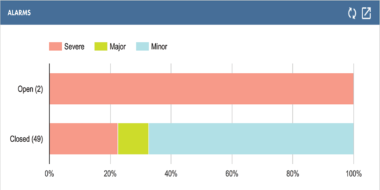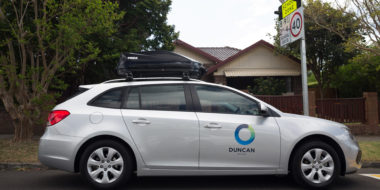

The world of payments is undergoing a revolution. Over the last two-three years, contactless payments have increasingly taken the place of plastic cards, giving consumers more convenience and security in their journeys than ever before.
But as Chris Hughes, Head of Merchant Sales and Solutions at Visa explains, consumers are just the beginning. Their global processing network, VisaNet, provides secure and reliable payments around the world, and is capable of handling more than 65,000 transaction messages a second. This contactless technology is going to impact the very fabric of our cities.
The state of contactless in Australia
"Australia is one of the most highly penetrated markets in the world for contactless," Chris notes. "Around 92 per cent of all face-to-face Visa transactions for credit and debit in Australia are now contactless, and that rises even further when you count only sub-$100 transactions."
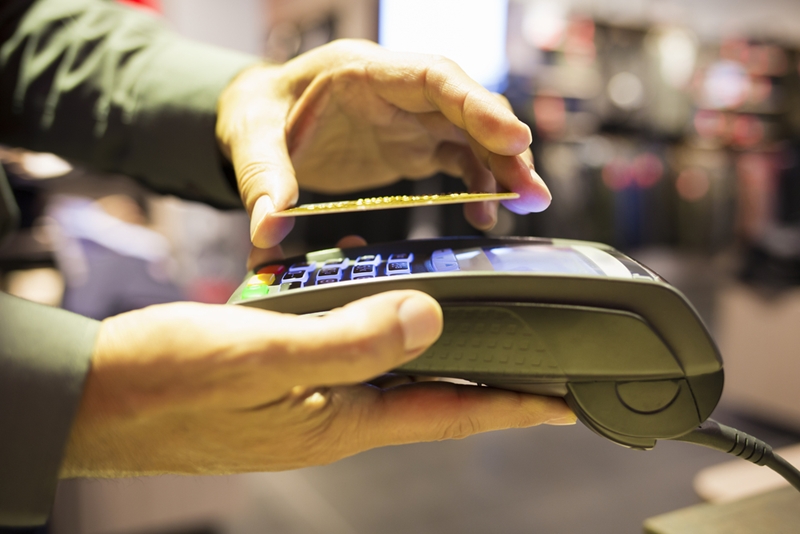
"The benefits are immediate – even down to the physical action people take. Our research shows that tapping a card or phone to make a payment is, on average, 7.6 seconds faster than swiping or inserting plastic. The more we can embed Visa credentials in devices, the greater the spread of this efficiency will be."
For consumers, this means more security, a greater prevalence of trusted brands and less time spent with cash, which is increasingly messy by comparison. That's all fairly well-established, Chris explains – but it's in smart cities that the value can really grow.
Value-adding through contactless payments
"For services like parking, cash-based systems are on the way out," Chris states. "Managing cash manually is costly – you have to move it from meters to offices, offices to banks, and you don't get any insight out of it. That all changes when you start using contactless payment systems."
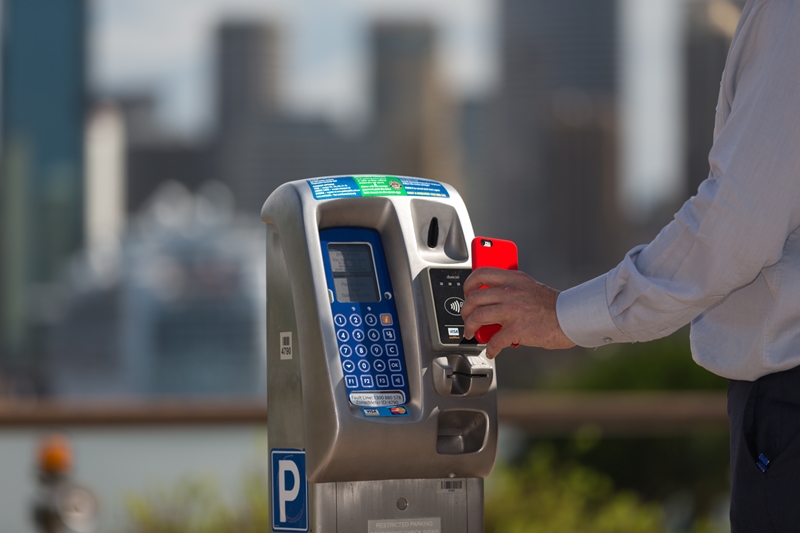
"There are three core elements that we've already covered – speed, convenience and security. But for councils or private operators of parking lots – or any civic infrastructure that requires payment – contactless payments offer a huge opportunity that cash can't get anywhere near – insight."

"Under a contactless system, you get a big-picture view of when people are spending, where, and on what. By partnering with a provider, operators get access to the kind of data they need to not just make it easier for consumers, but to make evidence-based decisions on investment and growth in the long-term."
This is thanks to metadata – contextualised information that accompanies transactions, allowing operators to glean more information than ever before on the behaviour of consumers – without betraying their privacy. It's a combination of business analysis and consumer security that, currently, is unrivalled.
Building the smart cities of tomorrow
The parking payment example is just one of dozens of miniature journeys that a consumer makes in any given day – and Chris believes that all of these can benefit from the rise of contactless.
"Paying for petrol, fitbits and garments with chips, even music festival wristbands with Visa credentials – the opportunity for increasing speed, security and convenience on consumer journeys is rising exponentially. Plastic will always be issued to people, but its limitations mean there have to be more convenient options for making payments available to people – it's just common sense."
By incorporating this into infrastructure development, councils can tap into untold benefits and cost efficiencies.
"For the incremental increase to capex expenses for installing contactless, the cost is really infinitesimal," Chris notes. "Considering the long-term benefits of having smart technology that can interact with anyone's digitial wallets, it's a no-brainer to move forward with."
At Duncan Solutions, we're thrilled to be working with Visa to help parking operators improve efficiency, capture better data and embrace the cities of tomorrow. To find out more about our contactless future, get in touch with our team.
